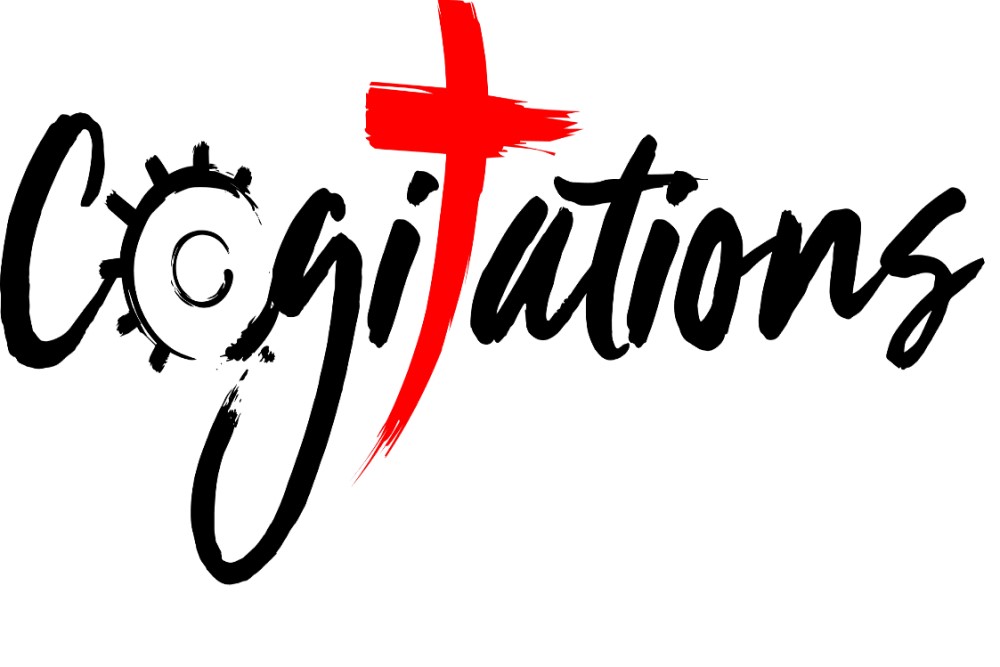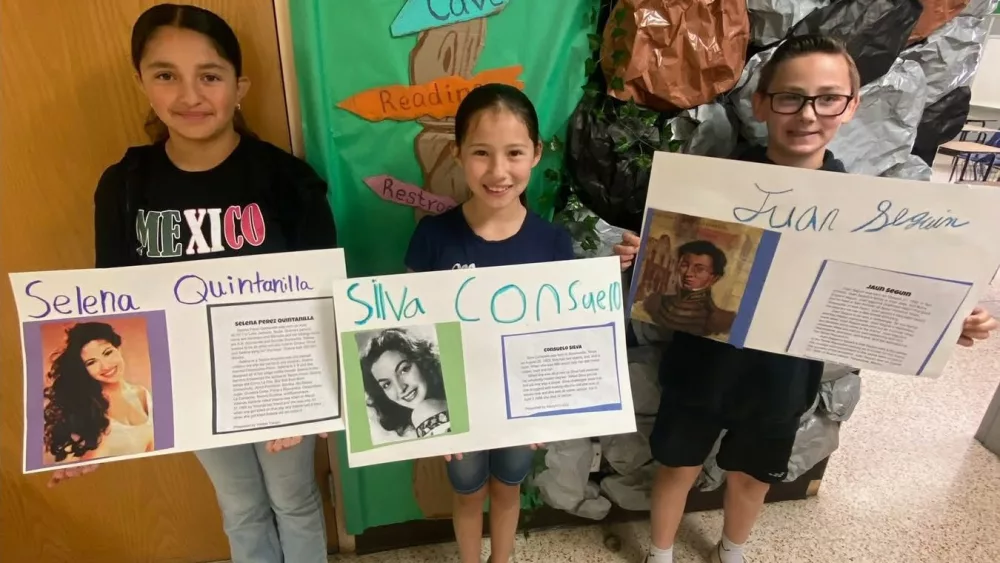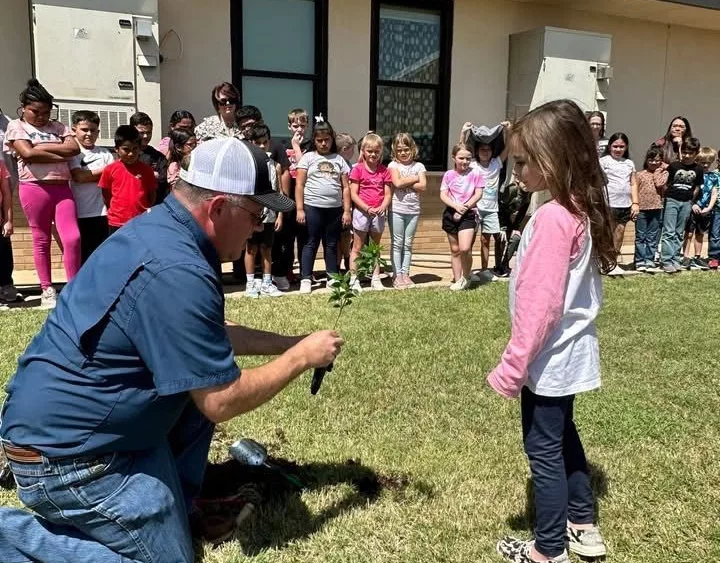
I am sitting down to write this article the day following the terrible calamity that befell the community of Matador; occurring on the heels of the destruction of the same nature which struck Perryton. And on the onset, I would like to say that I, and many others, are praying for those whose lives have been impacted by these devastating events and the countless other such events that have touched the lives of so many not only throughout our region, our state but across the world. The most that many of us can do is pray on their behave for a rapid and full return to normalcy…but for some who have lost loved ones in the path of disaster, a return to the normalcy that was before will not be possible. They will have to seek to find and adjust to new normalcy, one that will forever have a vacancy.
So, what can we do? When these events strike, the lives of those standing in their wake after they pass will enter into three general phases of life that they will need to navigate. For each, the pace at which they move through them will vary, just as the impact which has been made on their lives will vary. Some will have passed through the disaster relatively untouched, and the impact on their normal daily lives will have been minimal at worst. For others, however, the impact can be life-altering, and nothing will ever be as it once was.
During the first phase following a disaster, those providing aid tend to focus primarily on the physical. Most time and news coverage will be focused on the destruction of the physical property and meeting the basic necessities of life for those who have survived. Many organizations and individuals will be supplying clothes, food, bedding, toiletries, etc. While all of this is necessary and good work to be involved in, there is far more to consider. Those who have passed through the disaster have been touched physically, mentally, emotionally, and spiritually. These aspects need to be evaluated as well, and support provided.
The next phase, which tends to overlap with the first, is addressing the loss of life. Initial sympathy and support are given to those who have lost family and dear friends. But as time moves on, that diminishes, and normally within a month or two has pretty much ceased. We need to remember that for those who have suffered such loss, it is now a permanent part of their life, and no amount of time will replace the loved one they lost. This loss is felt by those who survived the disaster and those dear to the deceased that might have been hundreds of miles away…they still are suffering the loss. Those connected to these surviving individuals must provide continuous emotional support. And we must have patience and understanding and realize that we are not all wired the same and do not all process loss the same way. This is coming from an individual that is fundamentally emotionally numb. I have seen horrific things and lost a mother, a sister, and friends, but for me, it had no emotional impact. But I know that I am not everyone, and others struggle differently with loss than I do, and they need to do it their way and in their own time. Sometimes the best advice we can give is no advice; give hugs, understanding, patience, a listening ear, and, if needed, a shoulder to cry on.
Grief comes with its phases that bounce back and forth like a rollercoaster sometimes and have no set order, as you might pass through one to jump back to a different phase. There are no grief experts, as each individual will process it differently…so don’t try to be one. I have worked in hospice and been with numerous families while they navigated through the loss of a loved one; even within the same family all in the same room, each is processing the loss differently, and as they move forward through life, the road ahead is very different for each as they adjust to life without the departed. Don’t try to fix grief; let grief do its work. It is a natural process in and of itself that is actually working to mend the heart, mind, and soul. If you really feel someone needs help, connect them with someone who specializes in navigating grief…not that is navigating it…not trying to fix it because it is not broken.
The final general phase for those outside of the disaster is simply forgetting it. For those not directly touched, even if they directly provided aid in the first phase, we tend to forget about it and move on. For example, how many of you are still tracking that there is still a war going on in Ukraine? After the initial shock has passed, those on the outside looking in tend to move on to whatever is next. I believe we all need to do better in this regard. But, for those that passed through the disaster and remained in the aftermath for them, the final phase is learning how to move on to whatever is next, to find the path back to some new form of normalcy. They will find that soon after the calamity has passed, the influx of support and well-wishes will also pass, and they will be left to figure out the future. At this point, one needs to take an active role in seeking any additional support and resources they may need. I encourage you to reach out. While the initial influx may have passed, organizations and agencies will continue to help you move forward if you reach out to them. Start with your local city officials and tell them what you need, and they should be able to direct you, at least to where you might find the help and resources you need. Many civic organizations and non-profits are good sources of aid and/or connections. And, of course, your local congregation should always be available to help in whatever capacity.
My thoughts and prayers go out to those impacted by the recent disaster in Matador, Perryton, and so many other communities. Like many others, I truly wish I could do more. But if we each do what we can together, we can make enough of an impact to help. The best thing most of us on the outside looking in can do is not forget and understand that even a year from now, five years from now, and even twenty-plus years from now, there will be those still feeling the impacts of the disasters of the past few weeks.
(Carl Hartman is the Minister at Main Street Church of Christ in Lockney)



